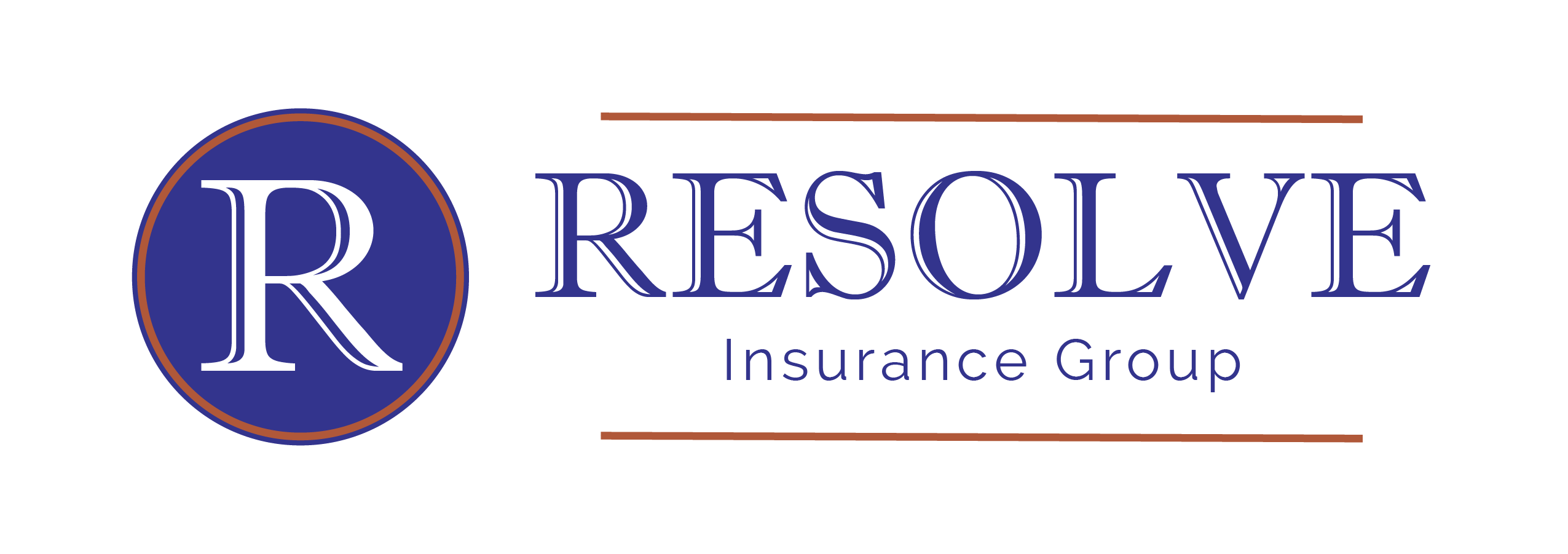Bonds

Understanding Commercial Bonds
A commercial bond is a three-party agreement involving:
- The Obligee: Typically a state or government entity requiring the bond.
- The Principal: Your business or you, the party purchasing the bond.
- The Surety: The insurance company guaranteeing the bond.
Unlike traditional insurance, a bond functions more like a line of credit. If your business fails to meet the bond’s obligations – such as an employee committing theft-the surety pays the claim, and you are responsible for reimbursing that amount.
Why Virginia Businesses Require Bonds
In Virginia, many small business owners need bonds to:
- Comply with Legal Requirements: Certain professions must be bonded to obtain licenses.
- Secure Client Contracts: Clients may require bonds before entering into agreements.
- Enhance Business Credibility: Being bonded can make your business more attractive to potential clients.
Professions Requiring Bonds in Virginia
Certain professions in Virginia mandate bonds for licensing, including:
- Plumbers
- Electricians
- Real Estate Agents
- General Contractors
- Notaries Public
Additionally, clients in industries like cleaning and IT services may require your business to be bonded before allowing access to their property or sensitive information.
Benefits of Being Bonded
- Legal Compliance: Ensures adherence to Virginia state regulations.
- Client Assurance: Demonstrates your commitment to professionalism and responsibility.
- Competitive Advantage: Larger clients often prefer or require bonded companies, giving you an edge in the marketplace.
Partner with Resolve Insurance Group
At Resolve Insurance Group, based in Virginia Beach, we specialize in providing commercial bonds tailored to your business needs. Our experienced team understands the specific requirements of Virginia businesses and can guide you through the bonding process efficiently.
Contact us today to learn more about securing the right bond for your business.




